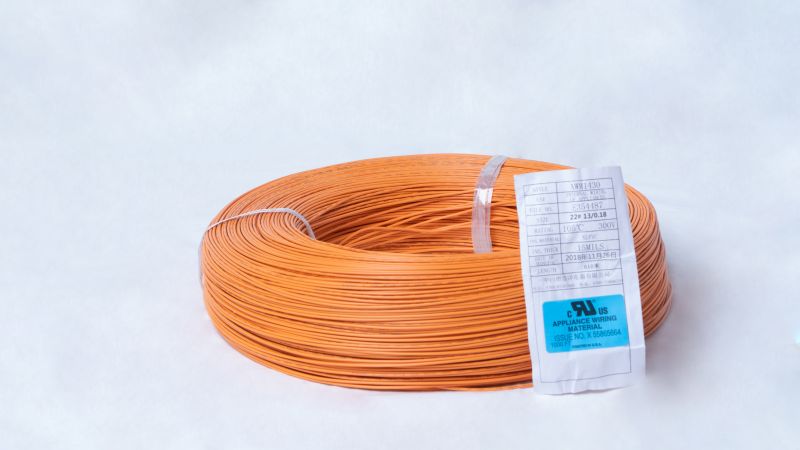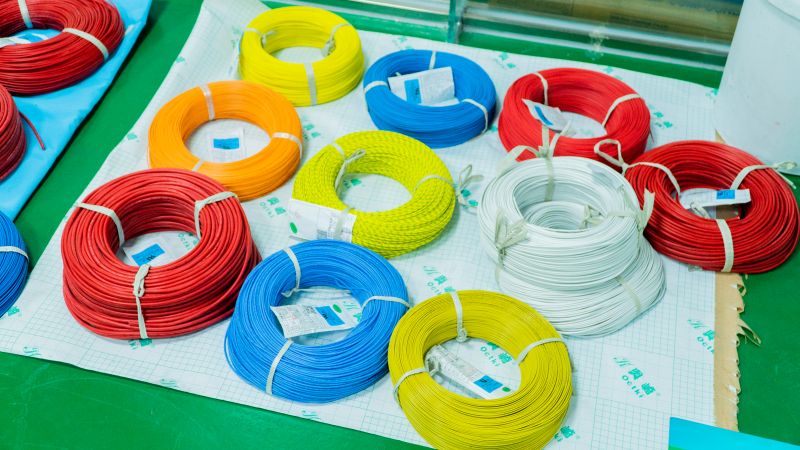An In-depth Analysis of Teflon Wire and Its Applications
Teflon wire is a type of electrical wire that is widely used in various industries and applications due to its unique properties. This article aims to provide a comprehensive understanding of Teflon wire, including its composition, benefits, applications, and future prospects.
Composition and Properties of Teflon Wire
Teflon wire, also known as PTFE wire, is made up of a high-performance fluoropolymer called polytetrafluoroethylene. It is characterized by the exceptional chemical resistance, excellent electrical insulation, and high thermal stability. Teflon wire can withstand extreme temperatures ranging from -200°C to +260°C without any degradation in its performance, making it suitable for various harsh environments.

The Advantages and Benefits of Teflon Wire
Teflon wire offers numerous advantages over traditional wire materials, making it a preferred choice in many industries. Firstly, its low coefficient of friction ensures efficient electrical signal transmission and reduces power loss. Secondly, Teflon wire exhibits remarkable resistance to moisture, chemicals, and UV radiation, making it highly durable and reliable. Lastly, it is flexible, lightweight, and easy to install, facilitating convenient use in complex wiring systems.
Applications of Teflon Wire
Teflon wire finds extensive applications in industries such as aerospace, automotive, electronics, telecommunications, and medical. It is widely used in manufacturing aircraft, spacecraft, and military vehicles due to its ability to withstand extreme conditions and its resistance to chemicals and fire. Teflon wire is also employed in high-frequency applications, such as antennas and radar systems, where low signal loss and excellent insulation properties are crucial. Additionally, it is utilized in medical equipment, industrial machinery, and computer systems.

The Future of Teflon Wire
The future of Teflon wire looks promising as advancements in technology and increasing demand for high-performance wires continue to drive innovation in this field. Ongoing research aims to enhance its electrical conductivity while maintaining its exceptional properties. Additionally, efforts are being made to explore new applications and improve manufacturing processes to meet the diverse needs of industries.
Conclusion
In conclusion, Teflon wire is a versatile and reliable electrical wire that offers exceptional properties such as chemical resistance, electrical insulation, and thermal stability. Its numerous advantages make it an excellent choice for various industries and applications. With ongoing research and technological advancements, the future of Teflon wire looks bright, promising enhanced performance and expanded applications.


